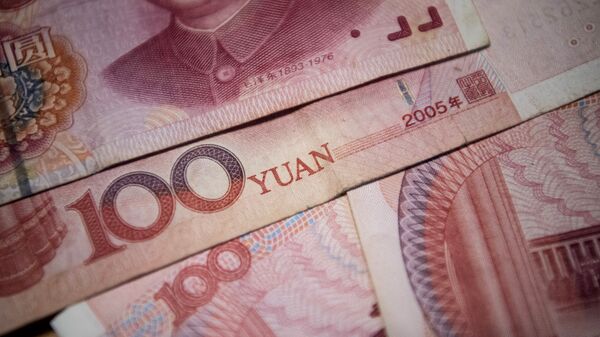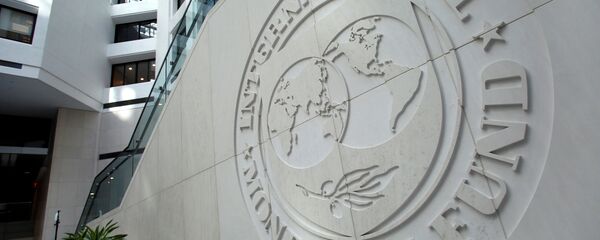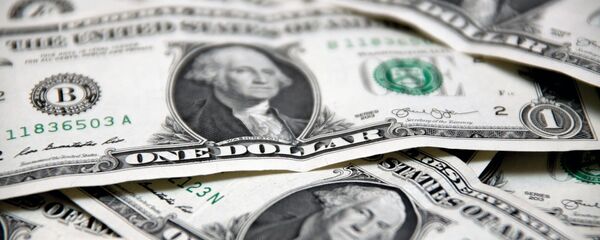Kristian Rouz — Mainland China's Producer Prices Index (PPI) increased for a second consecutive month in May, pointing to a further acceleration in broader inflation and raising expectations of economic growth later this year. However, the broader picture remains mixed, as consumer price inflation was flat during the same period, while investment and retail sales pointed to a possible deceleration.
READ MORE: Federal Reserve Signals Interest Rate Increase as Inflation Raises
According to a report from the National Bureau of Statistics (NBS), Chinese factory output inflation rose 4.1 percent year-on-year last month, while inching 0.7 percent above its April reading.
This comes as the costs of raw materials and labor have both increased on an annual basis, suggesting higher wages could help Beijing's efforts to boost domestic consumption.
"Industrial activity was buoyed by the easing of pollution controls. But there are signs in the rest of today's data that the economy is losing momentum," Julian Evans-Pritchard of Capital Economics said. "Domestic spending is likely to continue to soften, given the headwinds from slowing credit creation."
Indeed, China's consumer inflation only rose 1.8 percent in May, according to a separate NBS report, as pork prices fell 16.7 percent despite the fears that the central government in Beijing could slap tariffs on US imports of agricultural goods.
This comes as the Chinese government is still expecting the GDP growth to average at 6.5 percent this year, despite previous assessments suggested the mainland's economic growth could hit 6.8 percent if the pace of investment maintains momentum.
The inflation data so far has, however, suggested otherwise.
"The momentum of overall inflation has been fading year-to-date, indicating the effect of faster-than-expected fiscal and monetary tightening and suggesting some room for policy ‘fine-tuning'," CICC research experts said in a note.
The Chinese economy is currently caught in the crossfire amid possible disruptions in international trade and the gradually appreciating workforce. These two developments could undermine China's international competitiveness in the medium-term, as the mainland is excessively exposed to global trade.
READ MORE: Price of Gold Rises on News of US Inflation Rates, Weakening Dollar
China has been reliant on the export of manufactured goods — predominantly consumer goods — and it has also been dependent on the import of energy and raw materials, such as iron ore and bauxites.
Now that US President Donald Trump has already imposed global tariffs on industrial metals, and is reportedly weighing slapping additional taxes on Chinese consumer goods, investors are becoming increasingly skeptical of China.
Some experts say China's inflation has already passed its peak, and will gradually wind down towards the yearend. This means China's GDP growth will be getting less support from domestic price gains, while the higher cost of imports and a possible decline in the volumes of exports could slash percentage points off the Chinese GDP rate this year.
However, the government in Beijing has affirmed its commitment to its cautious supply-side reforms, seeking to encourage consumers to buy more, and convincing producers to sell in the domestic market. It has yet to be seen how far the reforms will go, as Beijing has been taking its time since first announcing its plans to rebalance the economy back in 2015.




